Categories
Recent Posts

Owning a Retreat Center in Costa Rica: The Meaning, Balance, and Beauty of a Life Well Lived
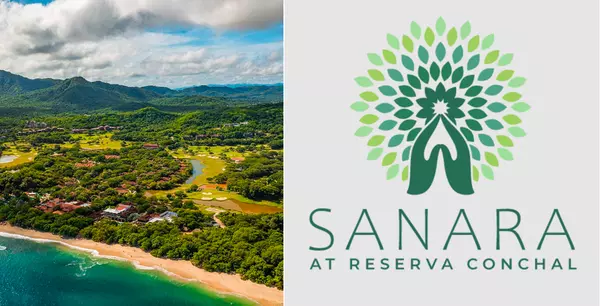
SANARA at Reserva Conchal - The NEW sustainable community - Phase 1 now available
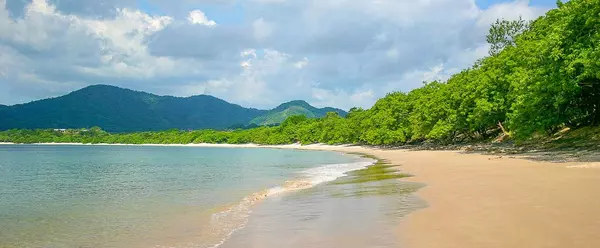
Reserva Conchal, Costa Rica: A Paradise of Natural Beauty and Luxury Living
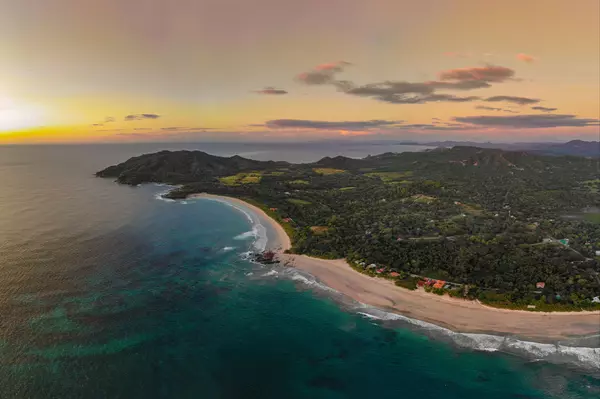
Exploring Playa Grande, Costa Rica's Gold Coast Gem
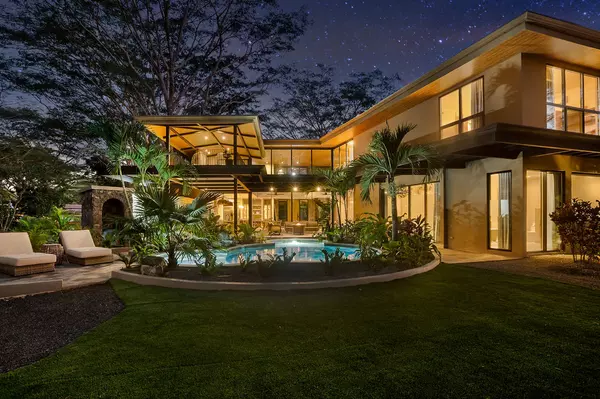
GUIDE - Certifications and permits for building a house in Costa Rica
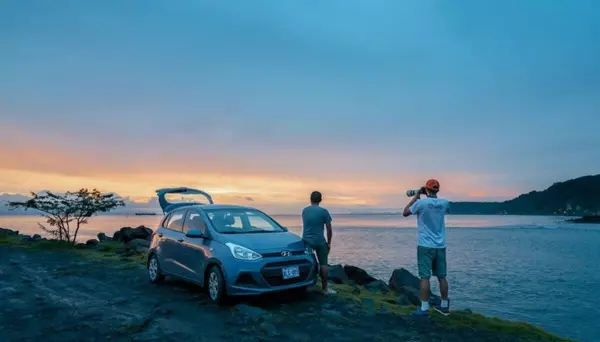
The Ultimate Guide to Buying a Car in Costa Rica
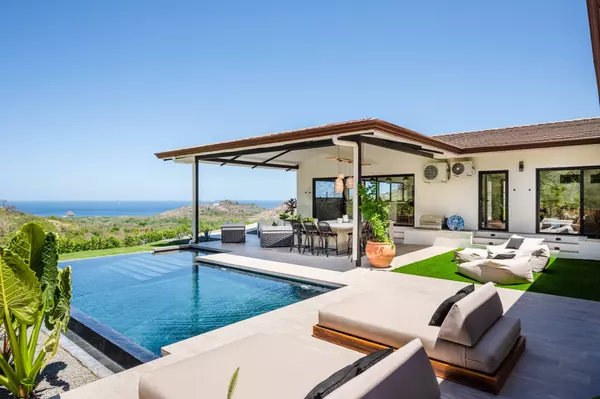
8 Things to Consider When Buying a Vacation Rental Property in Costa Rica
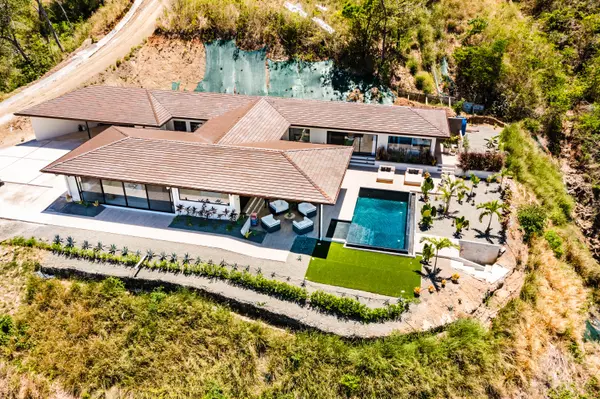
Luxury Ocean View Living in Mar Vista, Costa Rica: Casa Anana

Everything you need to know about Tamarindo's weather
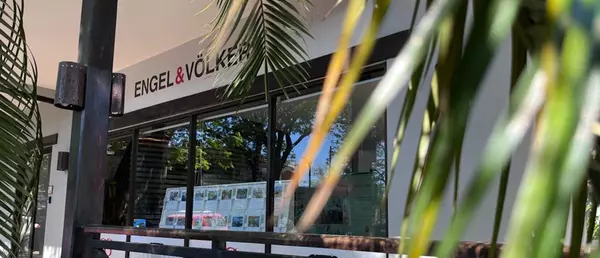
ANNOUNCEMENT - New Costa Rican Real Estate Financing Program for Foreigners.
Get More Information
Follow Us

